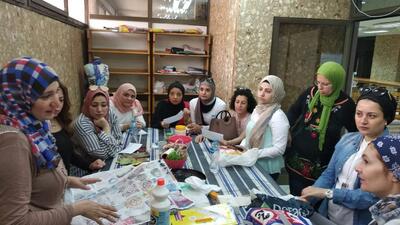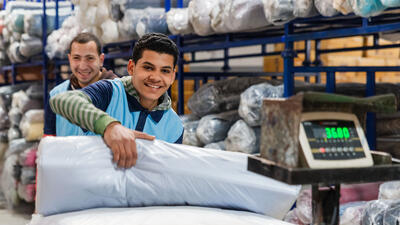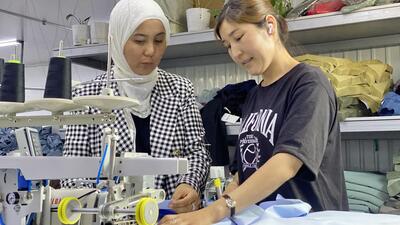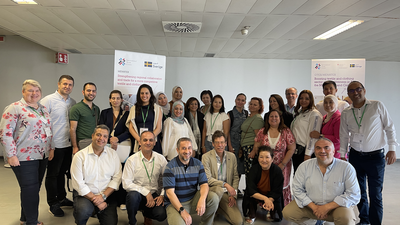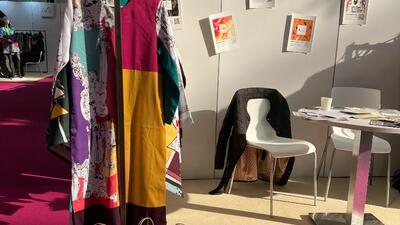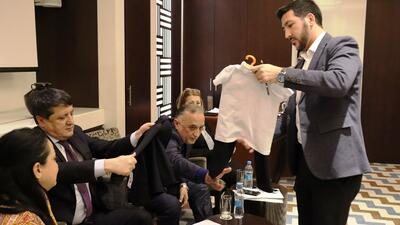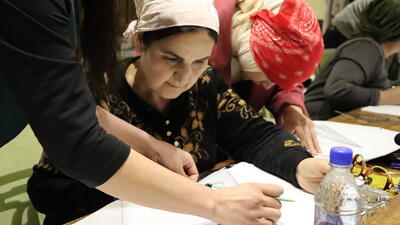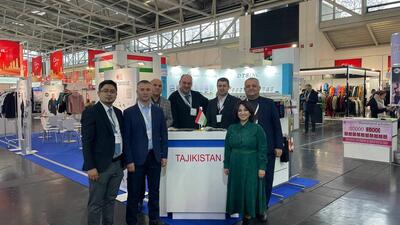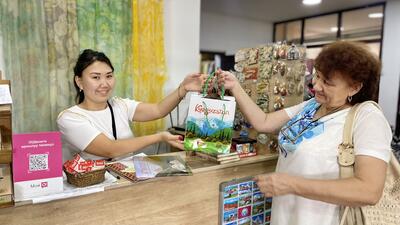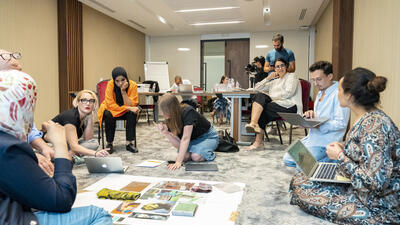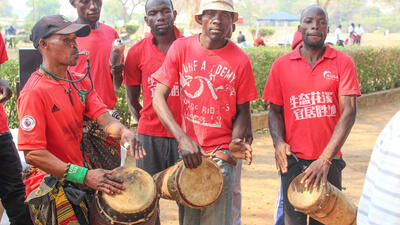



Empowering small business at ITMA 2023
The International Trade Centre brings 70 companies to the world’s largest international textile and garment technology exhibition.
The International Trade Centre (ITC) brought 70 small and medium-sized enterprises, business support organizations, and academic institutions from the Middle East, North Africa, and Central Asia to ITMA 2023, the leading global sourcing exhibition in Milan.
As the exhibition returns to its first in-person event since COVID-19, the companies had the opportunity to connect with industry leaders, explore the latest textile manufacturing innovations, and source across the end-to-end manufacturing value chain. This year’s exhibition focused on how the global textile and clothing industry is set to witness ground-breaking changes in the sector transitioning towards a more digital and sustainable production.
Under the theme "The Twin Transition: Digitalization and Sustainability," ITC's GTEX/MENATEX programme organized a two-day seminar on the margins of ITMA, bringing together renowned experts and thought leaders to delve into the crucial topics of circularity, traceability, and digitalization, which will shape the industry's future.
The Twin Transition represents the simultaneous integration and intersection of digitalization and sustainability, which can create opportunities for businesses for better competitiveness and environmental performance. Digitalization can improve sustainability by enabling companies to optimize resource efficiency. Leading firms in global value chains will rely on green suppliers who leverage digital technologies, making sustainability and digital production essential competitive advantages. The twin transition approach is an alternative to finding solutions to climate change effectively.
The participants discussed the impact of digitalization and automation on sustainability, technical solutions for automation and digitalization in areas such as digital design, pattern making, digital printing and automated cutting.
Moreover, they addressed forthcoming EU regulations and their implications for garment manufacturers in developing countries, traceability solutions, transitioning from linear to circular practices, and meeting the increasing circular requirements of brands and retailers.
Matthias Knappe, Head of Fibres, Textiles, and Clothing at the International Trade Centre said: “Cultivating a thriving ecosystem for small business is essential for the sustainable growth of the textile and clothing industry. By attending ITMA, our beneficiaries gained invaluable opportunities to learn, network, and forge meaningful partnerships that can fuel their growth and competitiveness. Their engagement highlights the crucial role they play in driving industry advancements and contributing to the sustainable development of the sector."
The event set the stage for the second phase of ITC’s GTEX/MENATEX Programme, currently under discussion; the event's theme is likely to be a key component, demonstrating the programme's commitment to empowering small business in the textile and clothing sector while tackling imperative social and environmental obstacles.
The recording of the seminars will be available on ITC's virtual learning space: www.globaltextileacademy.com




